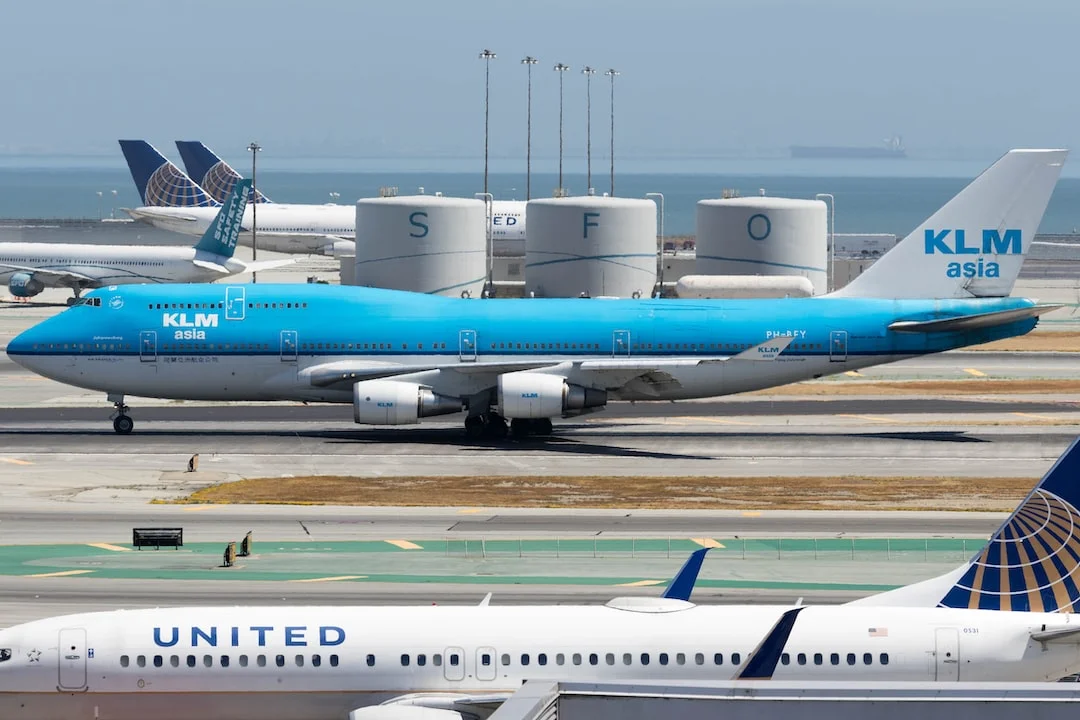When it comes to the Airbus A320 aircraft, efficiency and performance are key factors that airline operators prioritize. One of the concepts that plays a vital role in achieving these goals is Optimum on Airbus A320, often referred to as OPT. OPT encompasses a range of features and techniques designed to optimize various aspects of the aircraft’s operations, including fuel efficiency, route optimization, and performance management. In this article, we will explore the significance of Optimum on Airbus A320 and how it contributes to the overall efficiency of this popular commercial aircraft.
The Importance of Optimum on Airbus A320
Optimum on Airbus A320 is crucial for airlines as it allows them to maximize the operational efficiency of their fleets. By utilizing advanced technologies and intelligent systems, Airbus has developed various tools integrated into the A320 aircraft that enable airlines to optimize their operations in real-time. These optimization techniques not only enhance fuel efficiency but also reduce overall operational costs, increase aircraft range, and improve flight performance.
One of the key components of Optimum on Airbus A320 is the Flight Management System (FMS), which acts as the brain of the aircraft’s navigation and guidance. The FMS incorporates complex algorithms that calculate the most efficient flight paths, taking into account factors such as weather conditions, air traffic, and aircraft weight. By constantly analyzing these variables, the FMS enables pilots and airline operators to make data-driven decisions that optimize fuel consumption and reduce carbon emissions.
To further enhance the efficiency of the aircraft, the Airbus A320 also features an advanced Performance Management System (PMS). The PMS monitors and manages the aircraft’s performance throughout the entire flight, from takeoff to landing. It provides real-time data on engine performance, flight speed, and other critical parameters, allowing pilots to make adjustments and optimize their flight profiles accordingly. The PMS also contributes to the overall safety of the aircraft by providing alerts and warnings in case of any performance anomalies.
The Fuel Efficiency Benefits of Optimum on Airbus A320
Fuel efficiency plays a significant role in the airline industry as it directly impacts operating costs and environmental sustainability. Optimum on Airbus A320 offers several fuel-saving features that contribute to the aircraft’s outstanding efficiency:
1. Continuous Descent Approach (CDA): The Airbus A320 is equipped with CDA capabilities, which enable a more direct and optimized descent during the approach phase of a flight. Instead of a traditional stepped descent, CDA allows the aircraft to maintain a continuous descent at the most efficient rate, reducing the need for engine thrust and consequent fuel consumption. This technique also reduces noise pollution around airports.
2. Tailored Arrivals: The A320’s FMS incorporates the concept of Tailored Arrivals, which involves coordinating with air traffic control to optimize the aircraft’s approach and landing. By receiving continuous guidance from ground-based systems, the aircraft can execute optimized descent profiles and speed reductions, minimizing fuel burn, and ensuring an efficient arrival at the destination.
3. Cost Index Management: The Cost Index is a parameter in the FMS that allows airlines to modify the balance between time and fuel efficiency according to their operational requirements. By adjusting the Cost Index, airlines can prioritize fuel efficiency over flight time or vice versa. This flexibility allows operators to make informed decisions based on the prevailing market conditions, fuel prices, and operational constraints.
Performance Optimization through Optimum on Airbus A320
In addition to fuel efficiency, Optimum on Airbus A320 also focuses on overall performance optimization to ensure safe and reliable operations. The following features contribute to the performance benefits of the aircraft:
1. Runway Overrun Prevention System (ROPS): The A320 is equipped with ROPS, which is a cutting-edge safety feature that helps prevent runway overshoots during landing. ROPS continuously monitors the aircraft’s position, speed, and other relevant parameters, providing visual and aural alerts to the flight crew in case of potential runway overrun situations. This system significantly enhances the overall safety of the aircraft and reduces the risks associated with runway excursions.
2. Takeoff Performance Calculation: The A320’s PMS includes a comprehensive takeoff performance calculation module that considers various factors such as aircraft weight, runway conditions, and environmental conditions. By accurately calculating the required takeoff speeds, thrust settings, and other critical parameters, the system ensures optimal takeoff performance and minimizes the risk of runway incidents.
3. Climb Optimization: The Airbus A320 is designed with advanced climb optimization features that allow the aircraft to reach its cruising altitude efficiently. The FMS calculates the most efficient engine thrust and speed settings for the aircraft, minimizing fuel consumption and reducing the time required to reach the desired altitude. These optimizations also contribute to a smoother and more comfortable climb for the passengers.
In conclusion, Optimum on Airbus A320 plays a vital role in maximizing the efficiency and performance of this widely utilized commercial aircraft. Through sophisticated technologies such as the Flight Management System and Performance Management System, Airbus has incorporated fuel-saving techniques, optimized flight profiles, and advanced safety features into the A320. This not only benefits airlines by reducing operating costs but also contributes to a greener and more sustainable aviation industry as a whole.
For More: What is BMC on Airbus A320? (Bleed Monitoring Computer)




